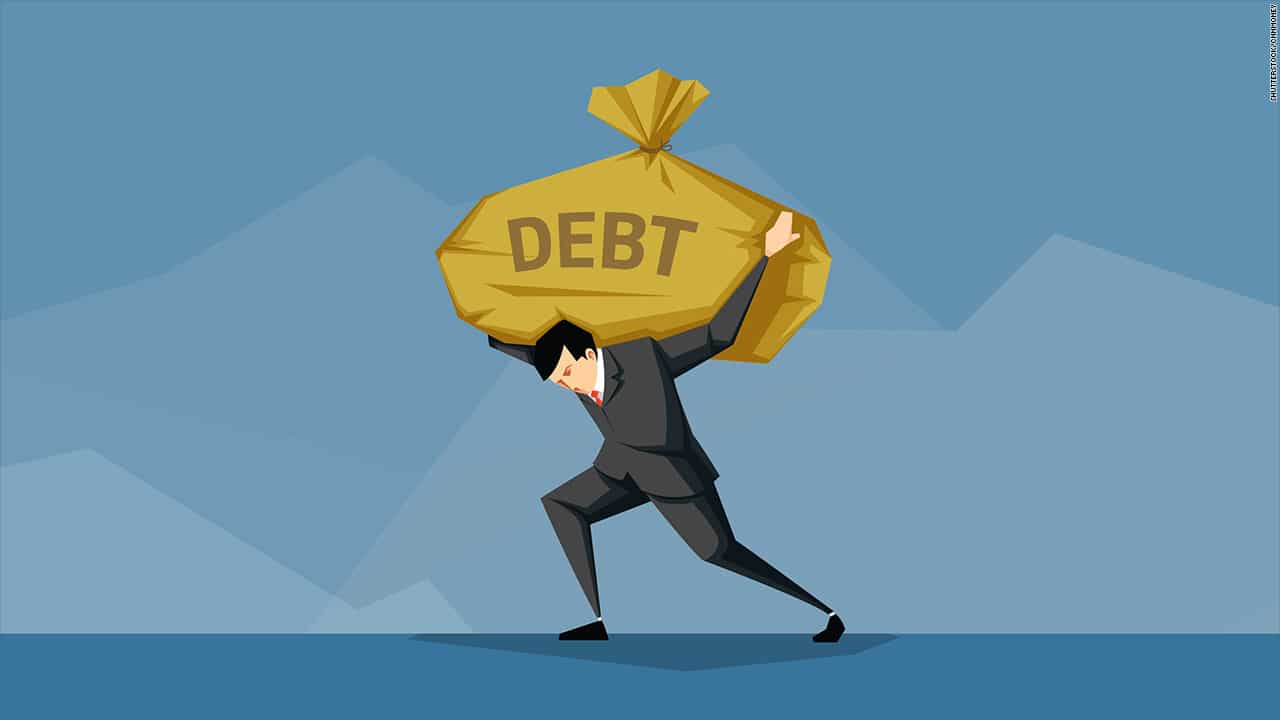Personal finances can be complex and frustrating, particularly when things don’t seem to be working out in your favor and you find yourself in debt that feels like it’s beyond your control. Businesses have accountants and financial officers whose sole jobs it is to manage money, weigh solutions, and calculate and plot the best possible path to save, earn, and pay down acquired and operational debts. Most consumers and families do not have the luxury of a personal financial consultant to measure every penny in personal and household budgets, and the task of dealing with your own debt and coming up with a plan for handling it can be overwhelming.
Managing finances can be a full-time job, even for people with a moderate income, limited investments, and minimal obligations. Figuring out how much money to save, where to keep it, and controlling debt take research and time — and a knack for numbers that may escape most consumers who would rather relax after work or on the weekend. At Chande & Company, they understand that personal finances can sometimes get a little out of hand.
Excess debt, low credit scores, and high interest can hamper a personal financial growth plan. Without education, attention, and some planning, debt can become an unmanageable monster that consumes savings, assets, and paychecks.
IMAGE: PIXABAY
Planning For The Future
For many consumers, developing a realistic financial plan for the future does not always mean saving for retirement and old age. Very often, a financial plan is simply a functional goal that allows a person a degree of freedom — next year, in five years, or in twenty. A financial plan gives consumers the power over their money to decide when and where to spend it, without stress and anxiety.
A sound financial plan may be as simple as being able to replace an aging television or computer, or it may be ensuring that children are provided for in case of emergency. In any case, managing debt is a necessary component of a successful financial future.
Some people have more difficulty than others controlling their personal debt do. Without a plan, the task can be overwhelming. To control spending and out-of-control debt, consumers often enlist the assistance and advice of a professional, like those at Chande & Company. Our professionals can help build a successful debt management plan that helps individuals focus on the important things that affect their credit:
- Debt Amounts: knowing how much debt is owed can be an educational and eye-opening experience for some consumers who only see the monthly minimum payment amount. Understanding the amount behind the payment can be a motivational factor that contributes to more successful debt control habits.
- Payments: making a calendar of when payments are due and paying them on time helps consumers get a handle on debt. On-time payments cut late fees and interest. In addition, having a plan to make at least a minimum payment can reflect well on credit reports and helps control overall debt by reducing it, rather than increasing it.
- Budgets: having a monthly budget of expenses can help consumers understand where their money is going. When they see how much they may be spending on non-debt extras, it can influence them to reconsider incidental costs that add up each month.
- Recognizing Negative Habits: a third-party debt specialist may be able to point out spending habits and trends that indicate a greater personal problem than accumulated debt. For some consumers, being able to say, “No,” to a purchase is a psychological issue. From compulsive buying habits to gambling, there are times when spending too much money is a problem that requires non-financial help.
Whether a debt plan is necessary to save or survive, it is a functional tool that can help any consumer find security. Knowing whom to turn to for help developing a plan can leave some debtors without competent resources. Controlling debt often takes an expert and not a family member or friend.
An Expert For The Consumer
When personal spending habits and debt spiral out of control, not just anybody can help. Talking about debt is frustrating for many consumers and a shameful topic for others. No one likes to admit when they may have gone overboard. Most people love to show off a new car but are not likely to brag about a high-interest rate.
Most people’s attitudes about debt and money are developed during adolescence. Many people are ashamed to talk about debt because of a learned guilt about so-called ‘wasteful spending.’ In fact, more people are embarrassed by talking about their debt than are talking about weighing problems and diets.
A professional who understands debt and finds solutions without judgment can help a person get over the stress and anxiety that comes with bad debt and other credit issues. They know that debt makes people uncomfortable and can help them address things that contribute to negative attitudes. Sometimes people can get over their debt embarrassment by:
- Understanding where the feelings of doubt and shame originate
- Educating themselves about financial issues
- Reducing or stopping spending
Taking a class on personal finance or economics can be one of the most promising methods of reducing personally held misconceptions about debt. Knowing they are not alone, many consumers feel more comfortable talking about debt and admitting that their credit situation could stand improvement. Most are surprised to learn the truth about debt and credit issues that they thought were a personal failure instead of a reality of living in the modern era of credit cards and mortgages.
There are many other considerations when assessing individual debt issues and how to control debt that has grown too large to manage. A debt counselor or financial professional is a valuable ally in discovering how to control debt through a series of successfully planned steps.
If you are interested in even more business-related articles and information from us here at Bit Rebels then we have a lot to choose from.


COMMENTS